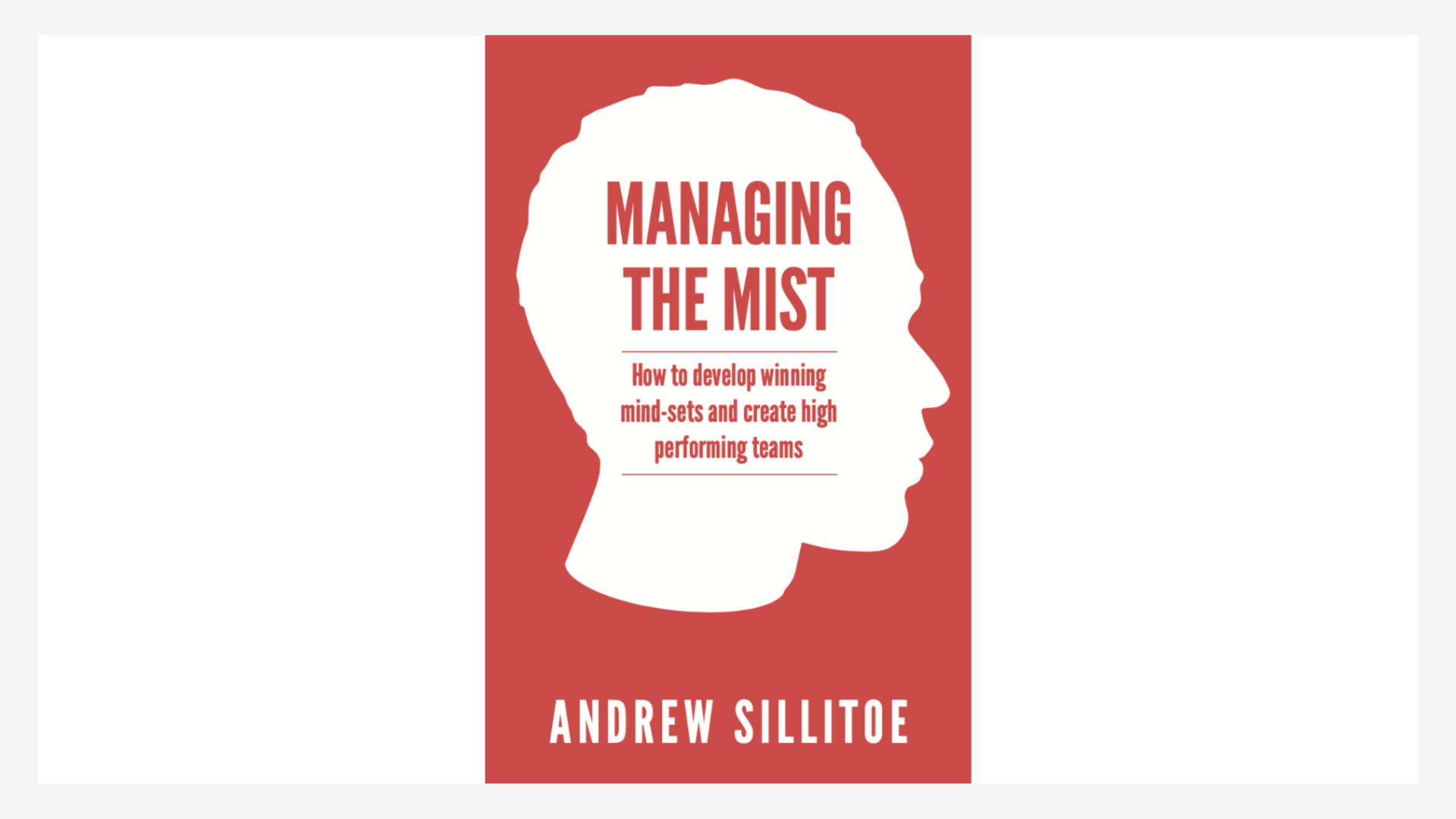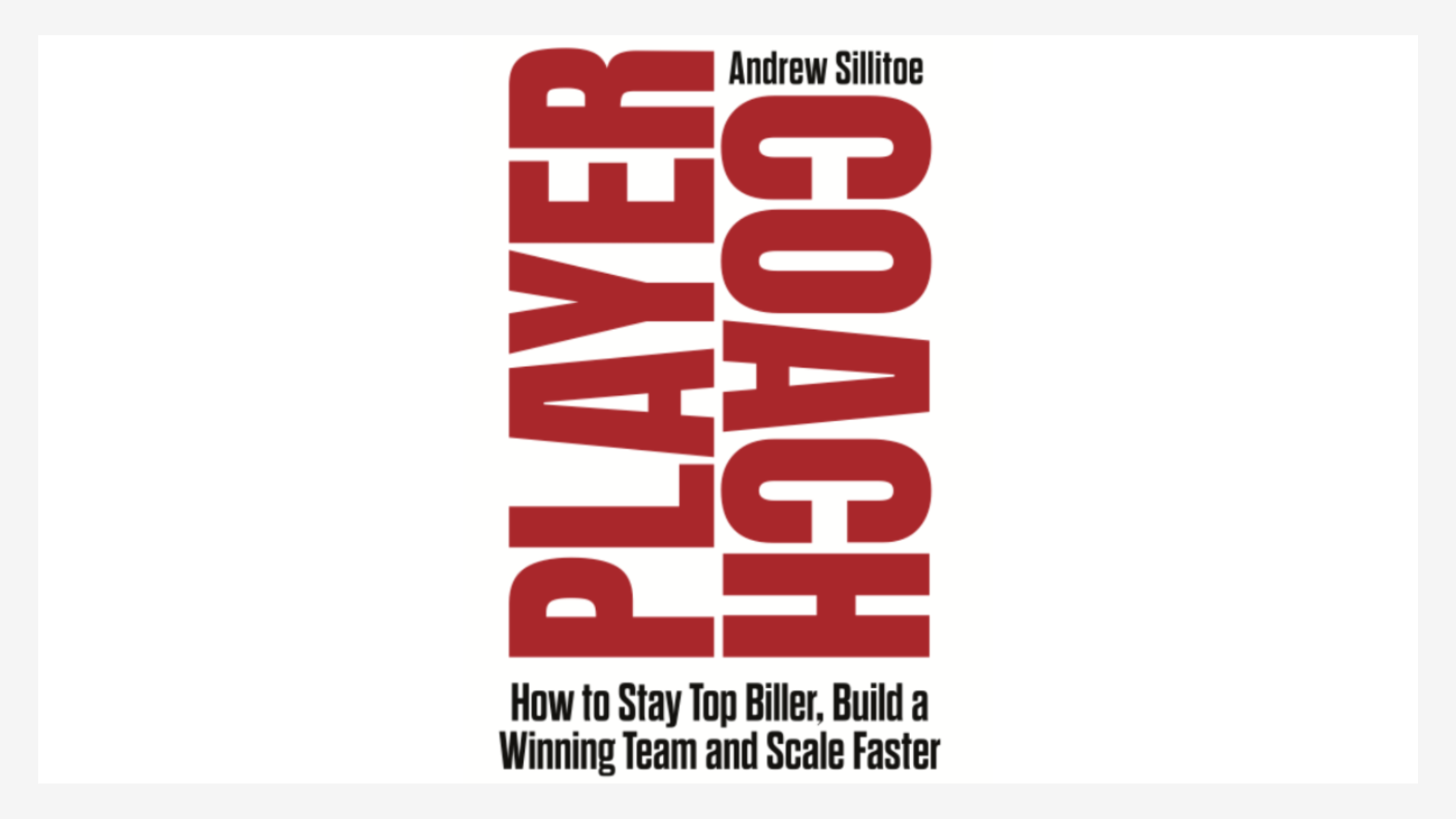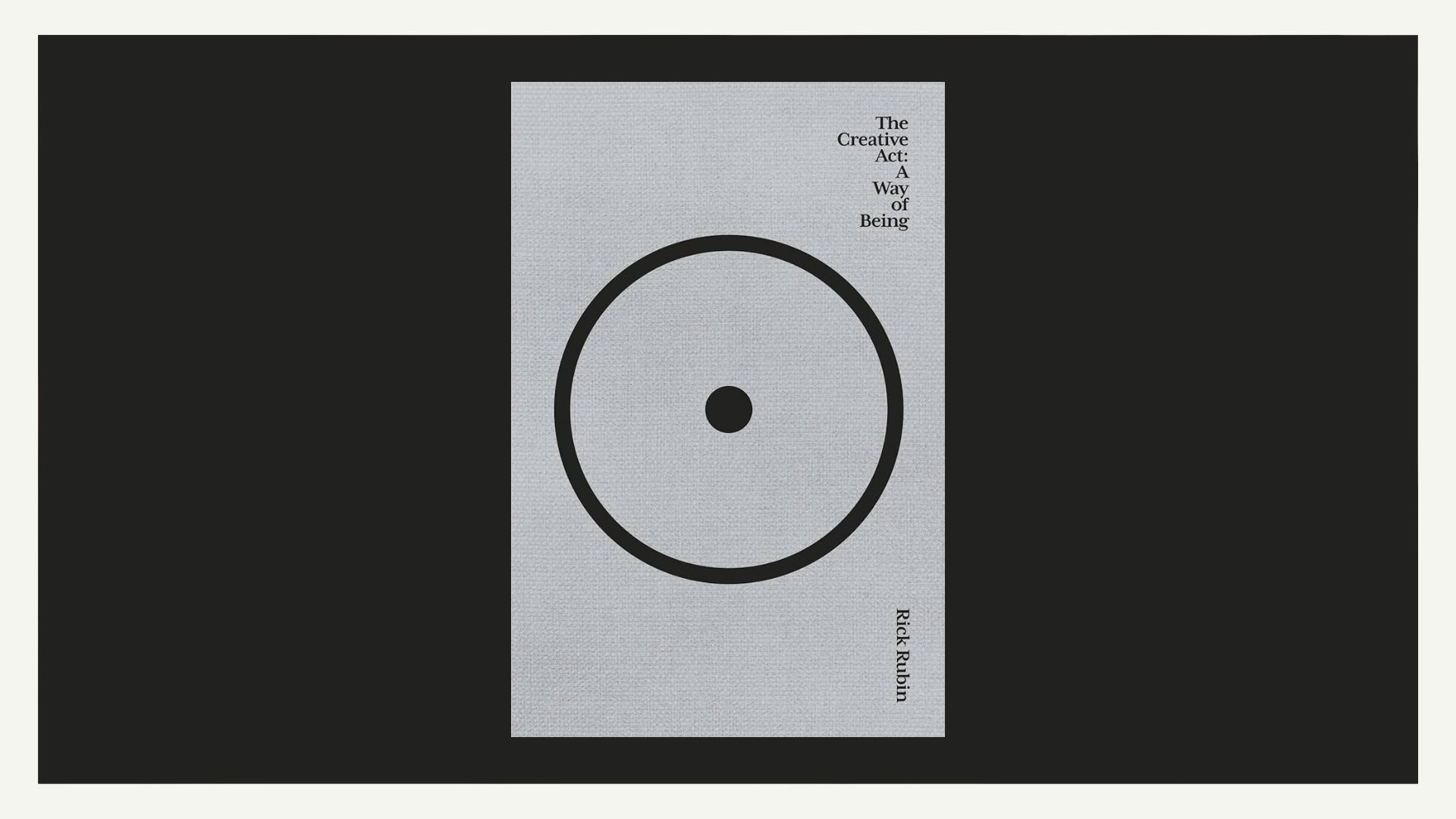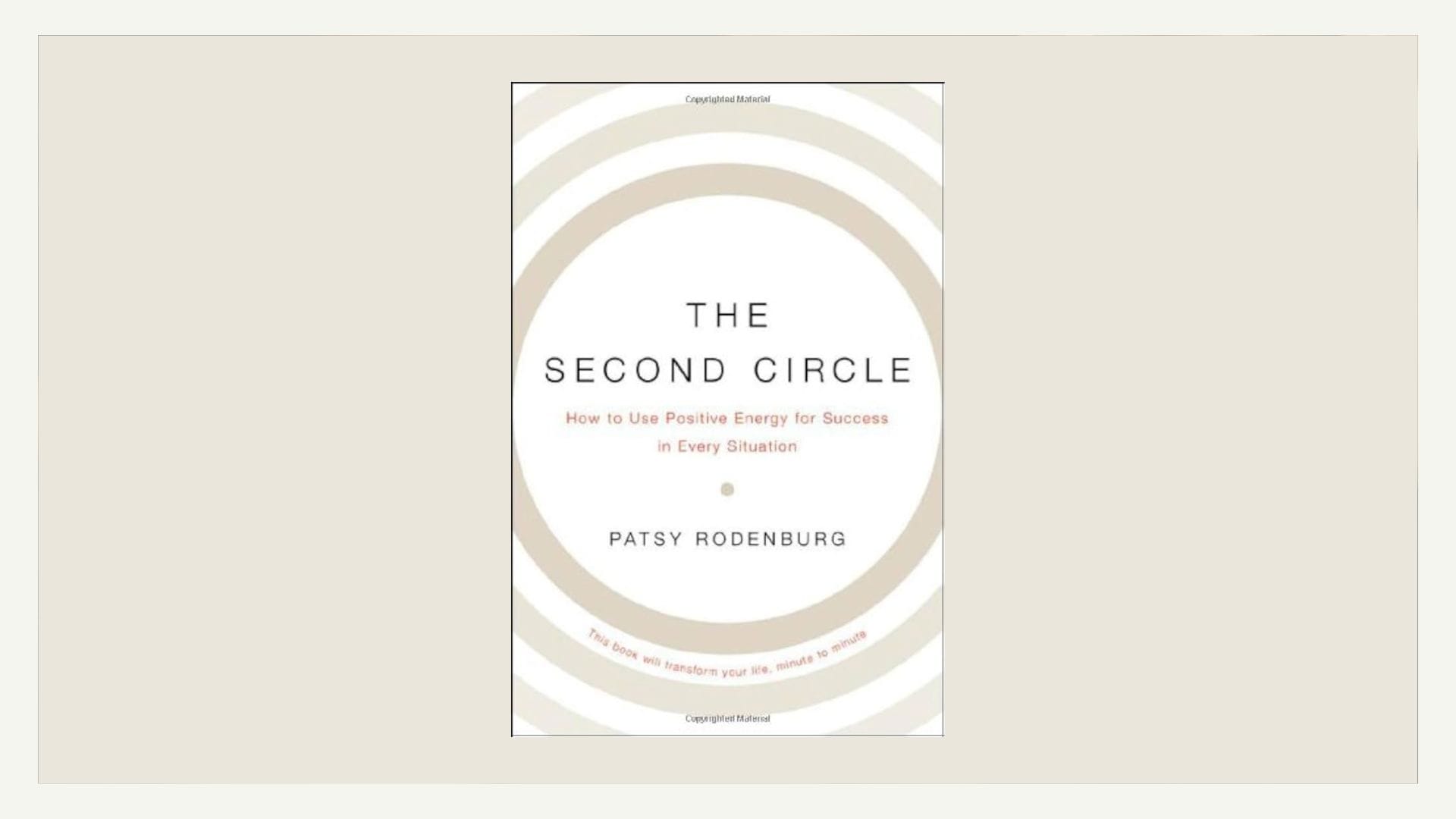The 4 Keys

You have a plan.
Three years mapped out.
All your energy poured into work.
But while you’re hyper-focused on the next milestone, life around you begins to fracture.
Your health slips.
Your partner drifts.
Your kids feel the distance.
And eventually, even your business suffers.
The truth is simple: success at all costs costs too much.
I know this feeling.
I’ve lived it.
Successful, but unfulfilled.
Married, but disconnected.
A father, but not present.
And I’ve watched the most successful people I know wrestle with it in silence.
The 4 Keys offers a way forward.
Business. Body. Relationships. Mindset.
Four lenses through which to live with intention.
Drawing on two decades of experience with C-suite leaders, athletes, and entrepreneurs, I reveal how to:
- Restore balance without losing ambition.
- Align work, health, and relationships in a way that lasts.
- Create a 90-day rhythm to move forward with clarity.
The 4 Keys are not theory. They are practice.
And when you commit to them, everything changes.
Audible
Paperback
Managing The Mist By Andrew Sillitoe (2013)

Are you a leader or coach looking to build a high-performance team?
Have you ever wondered why you lose your temper or feel paralysed by the fear of failure?
In a world full of rapid change, the mist often surrounds us, reducing our clarity and decision-making.
Andrew Sillitoe provides scientifically backed insights to counter this. With inspiring leadership stories, original frameworks, and an innovative roadmap to success, he clearly defines the critical pathway for enhancing leadership, creating high-performance teams, and developing winning mindsets.
Paperback & eBook
The Player-Coach By Andrew Sillitoe (2023)

Leading while maintaining your hard-earned position as a top biller can be challenging.
Do you find yourself getting frustrated with the time and effort it takes to coach your team to success? Have you struggled to balance your responsibilities with hitting your personal targets? Do you wish you could get the best of both worlds by being a top biller and respected team leader at the same time?
Player Coach is here to help you get off the sidelines and back into the game. Discover the mindset and systems that will help you build a role that lets you coach and perform at the highest levels.
Learn how to:
- Align your team behind a game plan and strategy that has everyone invested in success and moving forward together with purpose
- Create a powerful team of winners and keep them engaged and accountable for performing and delivering at the highest level
- Build systems and a culture that empower you to balance the pressures of managing and hitting your personal targets while scaling your operation and strengthening your organisation
Inspiration
Modern Manners

The Creative Act

The Second Circle
